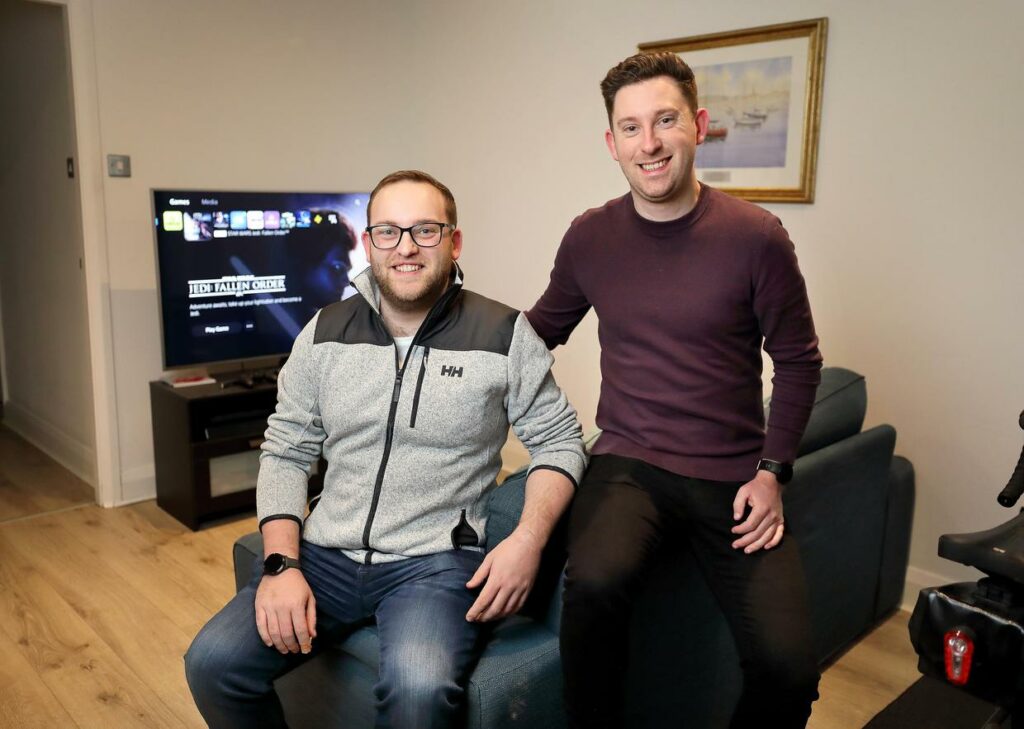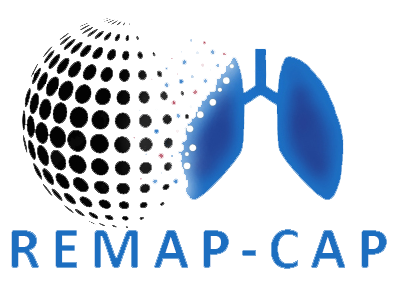
During the last two years, REMAP-CAP has generated a lot of valuable COVID-19 knowledge. Unlike traditional clinical trials, many of REMAP-CAP’s conclusions found their way to policy and practice within months or even weeks of publishing. Their impact is real and, in some cases, life-saving.
A touching article in the Irish Independent tells the story of two brothers whose lives were disrupted by COVID-19. It chronicles the journey of one of them to being randomized in the REMAP-CAP trial.
Callum and Sam Spence are twins, aged 29, but the way COVID-19 affected them was very different. They both got infected around Christmas 2020, but Callum ended up on a ventilator in the ICU fighting for his life, while Sam was at home with aches and pains. The nightmare began on St Stephen’s Day, recalls Callum, when he first felt feverish and had cold sweats. “I had a test which was confirmed on New Year’s Eve as positive. I had lost my smell and taste. I was short of breath and totally uninterested in food.”
His parents and brother were also tested, and they all came back positive. It was quickly clear, however, that Callum was faring worse and by New Year’s Day he was struggling to breath. After two weeks of GP and hospital visits, Callum ended up at the ICU. He then spent 10 days there, seven in an induced coma and three awake. He has hazy memories now of texting friends and family from the ICU, telling them he was about to be put into a coma and wasn’t sure if he’d make it. “I texted them that I loved them.”
When Callum finally woke up, he was delirious – a condition that afflicts two thirds of patients coming off ventilators. He was also vomiting and suffering from acute pancreatitis, possibly due to the effect of the steroids needed to keep his airways open.
As he improved and looked around the ward, Callum saw he was by far the youngest person there.
“I felt like a millennial cliché, glued to my phone and counting the seconds until the 10am WhatsApp with the family,” Callum says. He said that in some ways, he had it easier than his family. “They couldn’t control what happened and couldn’t visit me at all after I left the ICU,” says Callum. “Sam, my twin, found the phone calls from ICU to update them the hardest. He expected each one to be the one to tell them I hadn’t made it through the night.”
That is when Sam was told about a clinical trial investigating the genetics of COVID-19 and why it hits some worse than others: REMAP-CAP. He gave consent on behalf of Callum who was in a coma. Later, when Callum regained consciousness, a research team visited him and explained the REMAP-CAP clinical trial. This time he was able to give consent to take part on his own behalf.
“Patients suffering from pneumonia are given combinations of antibiotics, steroids and antiviral drugs to figure out which is the best combination,” explains Callum. “As part of that I think I received tocilizumab and dexamethasone. The teams involved in REMAP-CAP saved my life and with my data will continue to save more.”
You can read the original article here (subscription required).






